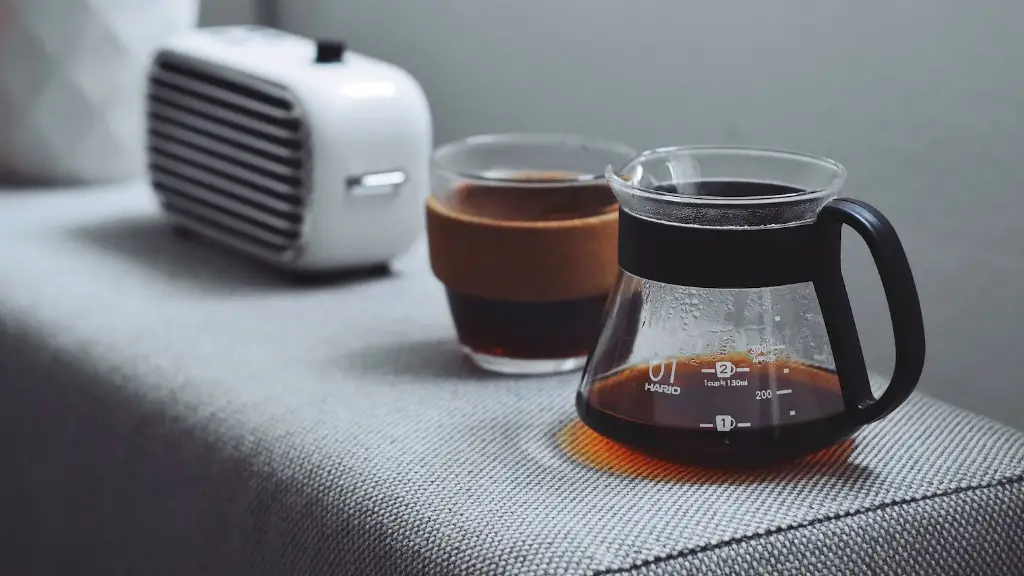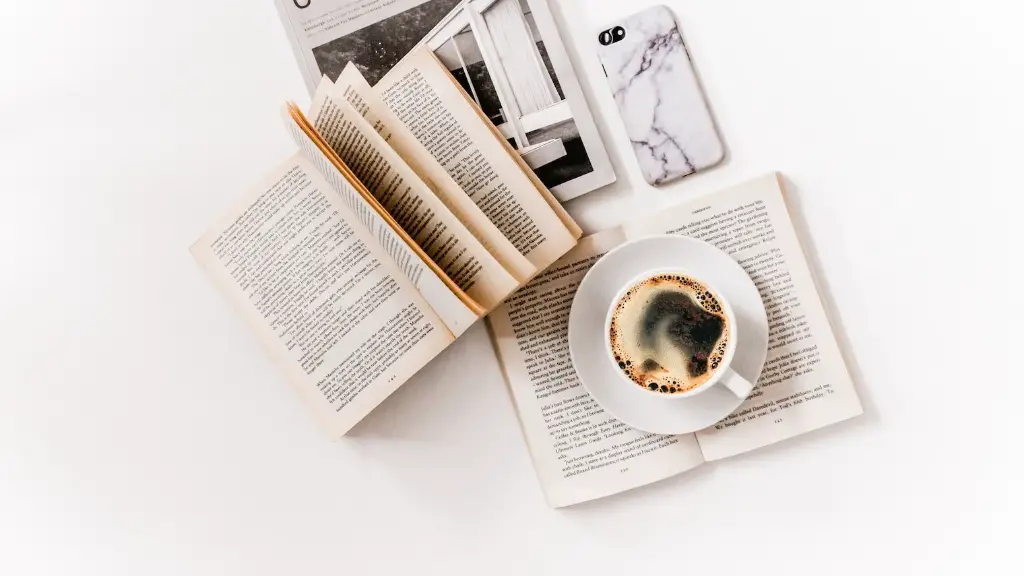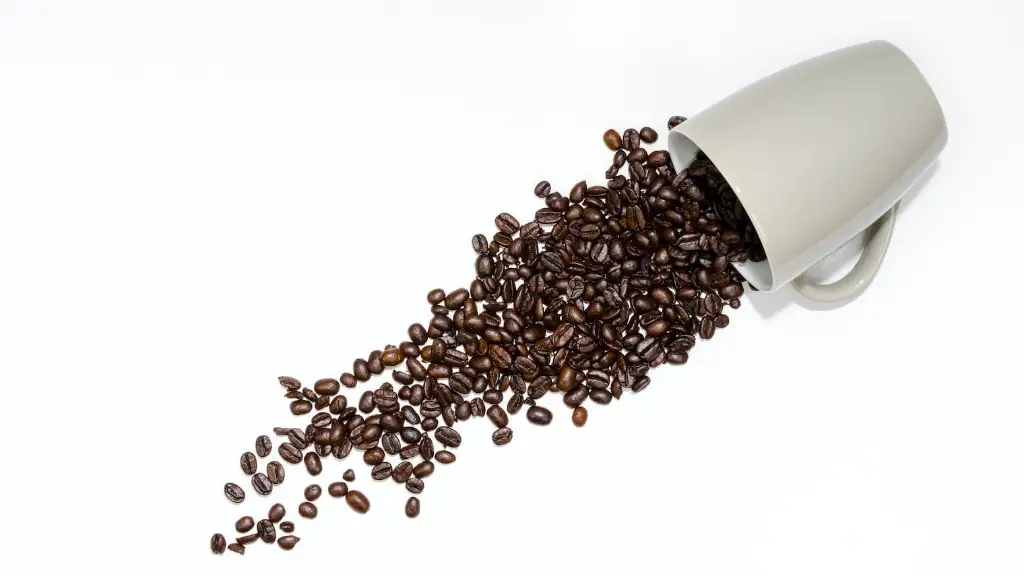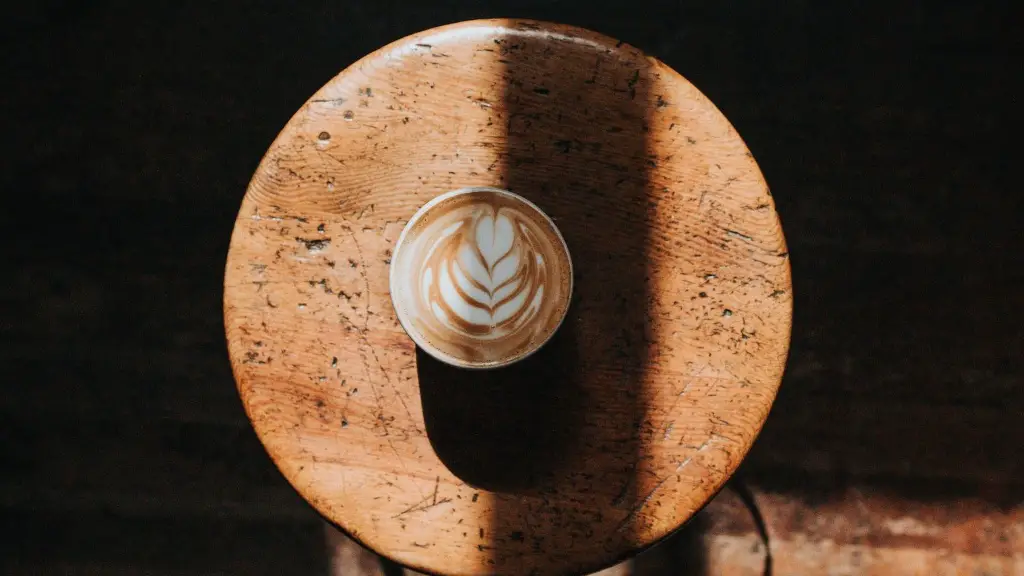Can I Drink Coffee Whilst Taking Medication
Whether you are on a short-term course of medication or on long-term intake, it is important to be aware of how your lifestyle choices can affect your health and the efficacy of the drugs you are prescribed. One of the most popular drinks in the world is coffee – with millions of cups of both caffeinated and decaffeinated options consumed every day, it is important to look into the effect it can have on medication, especially if you are not a regular drinker.
Coffee contains a very small amount of caffeine as well as other ingredients that can interact with certain medications, leading to potential side effects. Whilst the majority of medications will not be affected by a cup or two of coffee per day, it could affect those that are intended to treat conditions such as anxiety, depression, high blood pressure, and glaucoma. Speak to your doctor or pharmacist if you are unsure.
In some cases,the caffeine in coffee can increase the effectiveness of certain medications and give an extra boost. However, too much caffeine of any kind can have an adverse effect and cause a person to become over-stimulated or feel anxious. Being aware of how much caffeine you are taking in each day can be important, particularly when you are taking medications that interact with it.
When taking certain medications one should take special care to avoid coffee altogether, or make sure you speak to your doctor or pharmacist about how much you can safely drink. Some medications, such as birth control pills, can increase the amount of caffeine in the bloodstream, resulting in an increased risk of side effects such as nausea, headache and fatigue.
It is also important to check instructions on the label of your medication to ensure that coffee is not listed as an interaction. Generally, the majority of medications are fine to take with coffee, but some can have serious side effects if taken together. It is always advisable to check with your doctor or pharmacist, and be aware of any potential interactions.
Coffee should also be avoided if you are on a low-dose medication. The caffeine in coffee can interact with low-dose medications to increase their potency and lead to an increased risk of side effects. It’s important to remember to take any medications as advised by your prescriber and to talk to them about any lifestyle changes you are considering making.
In conclusion, there is some evidence to suggest that coffee can interact with certain medications and should be used with caution. While talking to your doctor or pharmacist is the best way to ensure that your medications are safe for you to take, it is always important to be aware of the potential effects of coffee on medications and your general health.
What Types of Medication Can be Impacted by Coffee?
Some medications can be affected by the caffeine in coffee, including amphetamines, ephedrine, bupropion, as well as some antidepressants and antihistamines. These are usually taken in combination with other medications, and the interactions can be more severe. For example, caffeine can cause increased anxiety, insomnia, and even palpitations.
Caffeine can also have an effect on medications such as birth control pills, hormone replacement therapy, and antidiabetic medications. These drugs can be affected by caffeine consumption, as the body can become resistant to the medication, and can experience an increased risk of side effects. As such, it is best to speak to your doctor or pharmacist if you are taking any of these medications.
It is also important to be aware of the side effects that can accompany coffee consumption. Caffeine has a diuretic effect, which causes an increased volume of urine to be produced. This can be a problem for some medications, as it can prevent the body from absorbing the drug properly.
In addition, coffee can increase the speed at which medications enter and leave the bloodstream. For example, some antibiotics can be rendered ineffective if taken alongside caffeine, as it can be flushed out of the body more quickly. Therefore, it is important to take any medication as advised, without the addition of coffee.
Finally, caffeine can interfere with certain medications, such as blood thinners, antipsychotics, immunosuppressants, and painkillers. Whilst these medications are generally safe to take with coffee, it’s important to be aware of the potential interactions and to speak to your doctor or pharmacist about your coffee consumption.
What is the Recommended Daily Intake of Coffee?
Caffeine is consumed in many forms, but coffee is the most popular and highly-consumed dietary source of this stimulant. The recommended amount of caffeine intake per day varies depending on age, lifestyle, and health. Generally, adults should not consume more than 400 milligrams of caffeine per day. This is equivalent to four to five cups of brewed coffee, or ten cans of energy drink.
Caffeine has a half-life of around six hours, meaning it will take your body approximately six hours to remove half of the caffeine from your system. This is important to consider when taking medications, as the effects of caffeine can continue for a long period of time, meaning that if you consume caffeine in the morning, it could still be present in your system later in the day when you take certain medications.
When it comes to medications, it is important to always consult your doctor about the best course of action for taking your medication alongside other dietary and lifestyle choices. This is particularly important for pregnant and breastfeeding women, as the effects of caffeine on fetal or infant development are not yet fully known.
It is also advisable to avoid drinking too much coffee at once. Consuming excessive amounts of caffeine over a short period of time can be dangerous, and can lead to a range of issues depending on your individual health and the medications you are taking. It is best to spread out your caffeine intake throughout the day, and keep your intake moderate.
What are the Alternatives to Coffee?
Coffee is a popular drink, but it can have undesirable effects when taken alongside certain medications, particularly lower-dose medications. This is why it is important to be mindful of your caffeine intake if you are taking any type of medication.
However, there are alternatives to coffee that can provide a similar boost of energy and flavour to the drink. For example, herbal teas and green tea contain much lower levels of caffeine than coffee and can be an enjoyable alternative. They also contain antioxidants, vitamins, minerals, and other beneficial compounds. Fruits like apples, oranges, and bananas can also provide an energy boost, as well as a serving of essential nutrients.
Some supplements can also provide a boost of energy without the effects of caffeine. B-vitamin complexes, iron, and omega-3 supplements can provide some of the same effects as caffeine, and can even help improve concentration and focus. This can be beneficial if you are taking medications that can cause fatigue.
Non-caffeinated drinks such as decaffeinated coffee, sparkling water, and herbal teas can also be a good alternative, as they contain no caffeine but provide similar flavour profiles. Fizzy drinks can also be an enjoyable choice, but it is important to check the label as some contain caffeine and should be limited, or avoided completely if you are taking certain medications.
How Can I Cope with Caffeine Withdrawal?
If you are reducing your caffeine intake, it is important to be aware of the symptoms of caffeine withdrawal, which can range from fatigue and headaches to irritability and difficulty concentrating. These symptoms can make lifestyle changes difficult and can be exacerbated if no other sources of energy are consumed. As such, it is important to make sure you are getting enough water, vitamins, minerals, and other essential nutrients.
Supplements such as B-complex vitamins, omega-3 fatty acids, and iron can provide an energy boost, as well as build up your reserves of essential nutrients. Exercise can also be an effective way to boost energy levels and improve overall wellbeing, and can be safely undertaken if you are taking medication.
Finally, herbal teas can be a great way to help reduce caffeine consumption. These teas provide a range of benefits, including antioxidants, vitamins, minerals, and other compounds that can help improve wellbeing. They have a mild taste and can provide an enjoyable alternative to coffee, depending on personal preference.
What Else Should I Be Aware Of?
It is important to be mindful of both your lifestyle and dietary choices if you are taking medications, as certain lifestyle factors can interact with certain medications. Caffeine is just one type of substance that can cause potential problems, and those taking low-dose medications should take special care to be mindful of their caffeine intake. It is also important to note that some medications can cause drowsiness and fatigue, so it is important to limit caffeine consumption to avoid any potential interactions.
It is also important to remember that caffeine can have an impact on your mood. Some people find that caffeine can cause anxiety and restlessness, whilst others may experience an energy boost or improved concentration. It is important to trial different amounts and types of caffeine to find out what works best for you and your medication.
Finally, it is important to be aware that caffeine can interact with certain vitamins, minerals, and medications. If you are taking any type of medication, it is best to talk to your doctor or pharmacist about your lifestyle and dietary choices, as well as any potential interactions.





